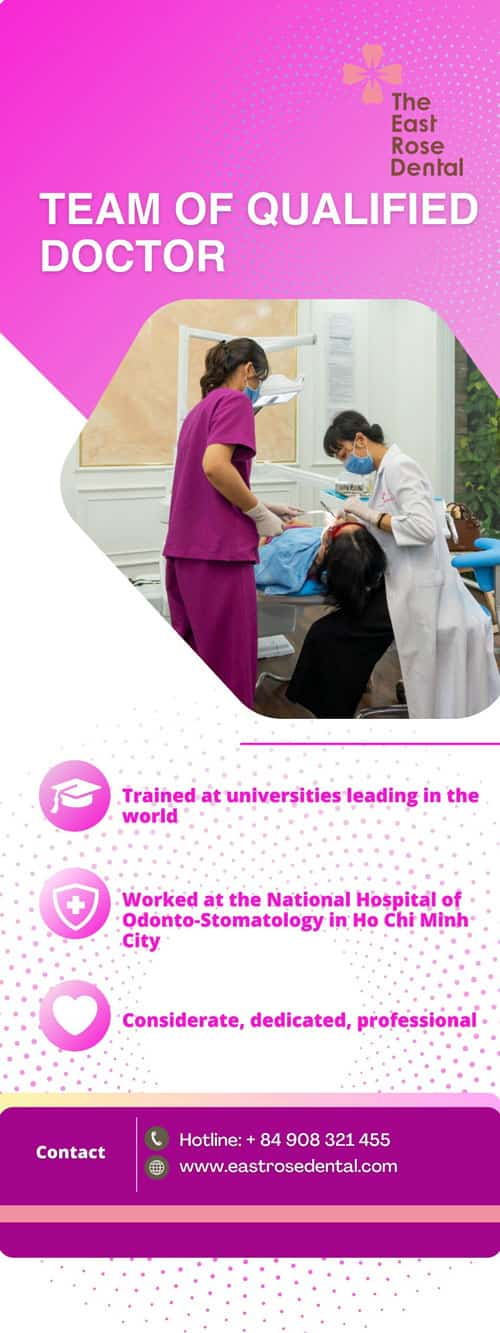Oral health issues to watch out for during pregnancy
Hormonal changes and dietary habits often affect a pregnant woman's oral health during pregnancy. This not only impacts overall health but can also lead to future complications if not treated promptly. Join The East Rose Dental Clinic in this article to learn about common issues and effective prevention tips.
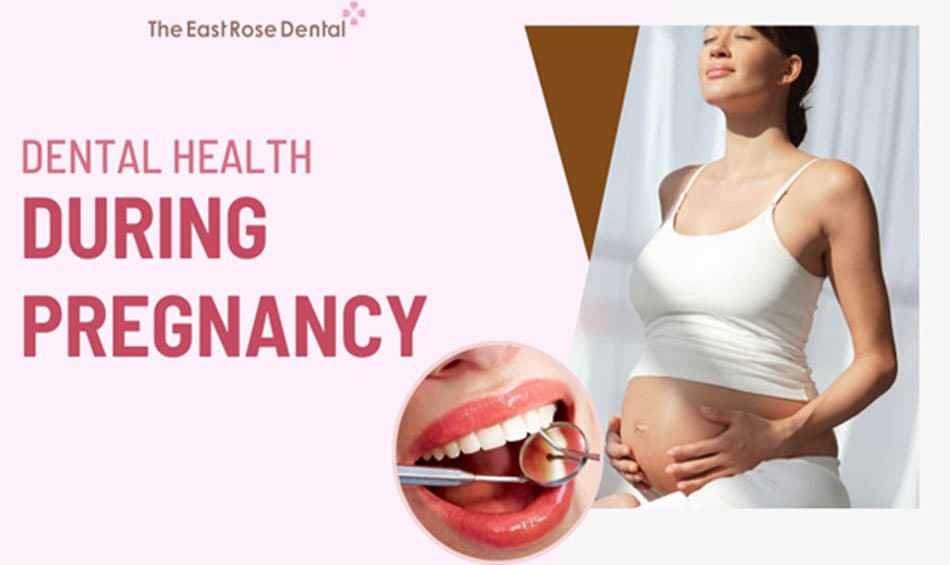
The Importance of Oral Care During Pregnancy
During pregnancy, a pregnant woman's oral health is a critical factor that affects both mother and baby. Hormonal changes during pregnancy can lead to oral health issues. These problems not only cause discomfort, but they can also result in serious health risks, such as preterm birth, and impact the baby's development.
To protect oral health during pregnancy, maintaining proper oral hygiene habits is essential. Regular brushing, using dental floss, and visiting a dentist regularly will help reduce the risk of oral diseases and improve overall health for both mother and baby.
Common Oral Health Issues During Pregnancy
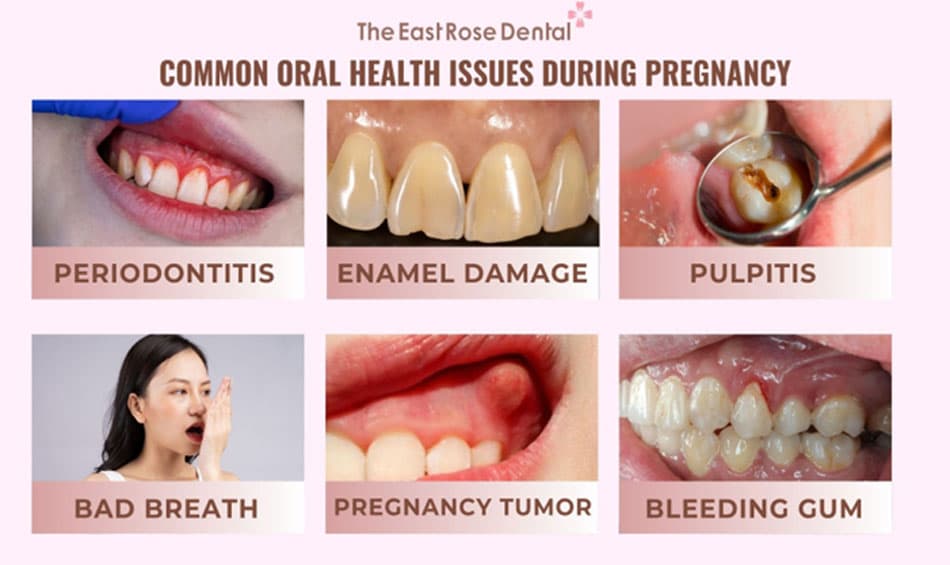
Statistics show that over 40% of women experience oral health issues during pregnancy, affecting not only the mother's health but also potentially impacting the fetus. Some of the common issues include:.
Gingivitis
During pregnancy, the hormonal changes of oestrogen and progesterone lead to the expansion of blood vessels and soft tissues around the teeth. This increases the risk of gingivitis and periodontitis, with symptoms including swelling, redness, and bleeding gums. If left untreated, gingivitis can progress to periodontitis, severely affecting oral health and potentially impacting the health of the foetus.
Tooth erosion and damage.
Morning sickness during pregnancy can weaken tooth enamel, compromising oral health. Frequent vomiting exposes the teeth to stomach acid, which erodes enamel and increases the risk of cavities. To protect enamel, pregnant women should rinse their mouth with clean water after vomiting and maintain proper oral hygiene habits, including gentle brushing and flossing.
Tooth decay and pulpitis
Hormonal changes and dietary habits during pregnancy can increase the risk of tooth decay. Sugary foods and frequent snacking promote bacterial growth and acid production in the mouth, which harms tooth enamel. Acid from sugary foods can break down enamel and lead to tooth decay. To reduce the risk, pregnant women should limit snacking and sugary food intake, as well as maintain good oral hygiene.
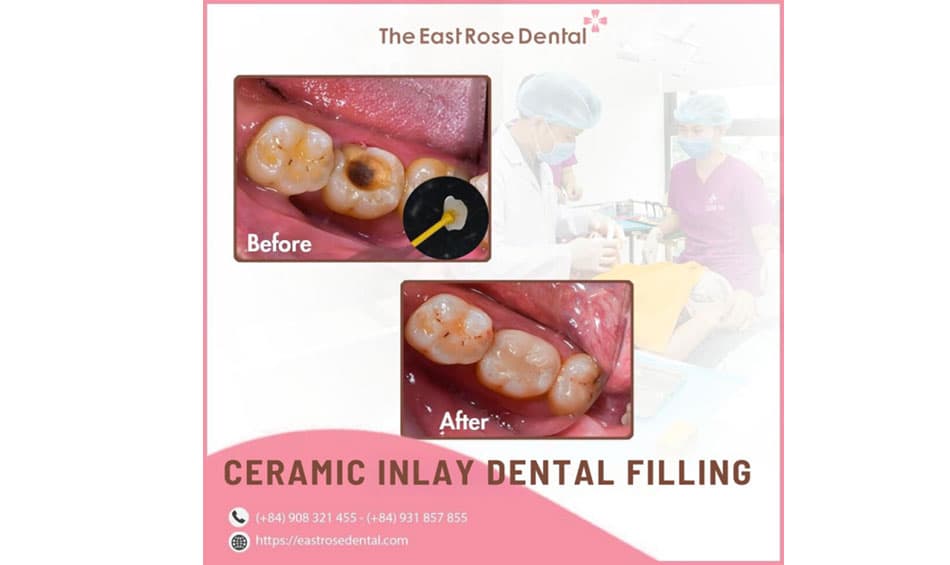
Bleeding gums
Gingivitis often causes bleeding when brushing or eating, and this is a common symptom during pregnancy due to hormonal changes. If not treated promptly, gingivitis can progress to periodontitis, leading to serious issues such as damage to the tissues around the teeth and, in severe cases, tooth loss.
Bad breath and dry mouth
Changes in diet and bacteria buildup due to gum inflammation can cause pregnant women to have unpleasant breath. Bacteria thriving on inflamed gums produce odour-causing compounds, making breath less pleasant. Additionally, the physical strain of pregnancy can lead to bad breath and dry mouth, which you should address by supplementing vitamins and minerals and seeking timely treatment to prevent more serious issues.
Pregnancy tumours
Pregnancy tumours, also known as gingival granulomas, are a common condition during pregnancy, typically appearing from the third to the sixth month. These are red or pink strawberry-like growths that appear on the gums and may easily bleed.
Although they are not cancerous and do not have a severe impact on health, pregnancy tumors can cause discomfort and affect oral hygiene. After childbirth, these tumours typically resolve on their own, but if they persist, surgical removal may be necessary to improve appearance.
Readmore: Proper oral care during pregnancy
Important Considerations for Dental Treatment During Pregnancy
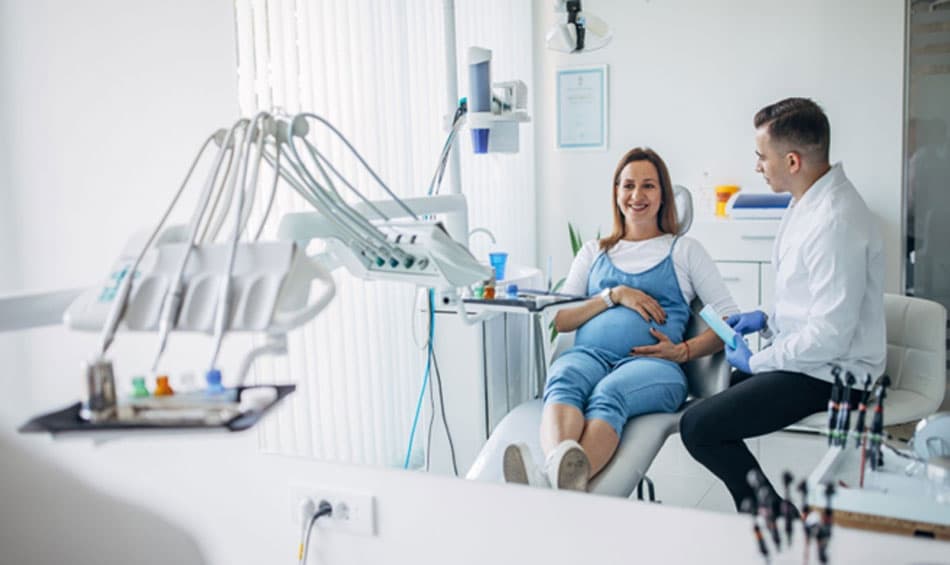
Dental treatment during pregnancy necessitates special considerations to ensure the fetus's safety and optimize treatment outcomes. Below are some key points to keep in mind when undergoing dental care during pregnancy.
Suitable timing for dental interventions
In the first trimester of pregnancy, the foetus is still developing its organs, so it is advisable to avoid dental interventions to prevent any potential impact on the baby's development. In the third trimester, the fetus is larger, and dental procedures may be difficult due to the positions required and the risk of hypotension from lying down for extended periods. Therefore, dental interventions should be limited during these two periods, except in urgent cases where the dentist will weigh the benefits and risks. The second trimester is the ideal time to carry out essential treatments that cannot be postponed, such as tooth extraction or root canal therapy.
Safe dental treatments during pregnancy
Pregnancy allows for the safe performance of certain procedures like tooth extraction, local anaesthesia, root canal therapy, and scaling. In emergency situations such as gum inflammation or infections, dentists should work with obstetricians to ensure safety. You can take dental X-rays with minimal radiation exposure, but it's advisable to limit their use and protect the abdomen with a lead apron.
Medication and antibiotic use
Local anaesthetics and antibiotics such as penicillin, amoxicillin, and clindamycin are considered safe during pregnancy. However, tetracycline, vancomycin, streptomycin, ciprofloxacin, benzodiazepines, and barbiturates should be avoided due to potential serious side effects for both the mother and fetus. During pregnancy, it is important to carefully choose pain relief, with acetaminophen being the preferred option. Avoid using narcotic pain relievers and non-steroidal anti-inflammatory drugs.
Regular check-ups
Dental treatment during pregnancy can be more challenging, making regular check-ups essential. Prevent serious oral health issues by having dental exams twice in the first trimester and then once every three months. If your oral health is good after the initial check-up, you should continue to monitor and perform necessary treatments during the second trimester to ensure the expectant mother's dental health.
Oral care guidelines during pregnancy
Many expectant mothers often overlook oral care during pregnancy; however, understanding the importance of protecting your oral health is crucial. The East Rose Dental Clinic's detailed guidelines on how to take care of your teeth and gums during pregnancy are below:
- Brush your teeth properly: Brush your teeth at least twice a day using a soft-bristled toothbrush and fluoride toothpaste to prevent cavities and gum disease.
- Use dental floss: floss daily to remove plaque and food particles between your teeth, which helps reduce the risk of gum disease.
- Maintain a healthy diet: Limit sugary and high-sugar foods. Instead, include foods rich in vitamins and minerals like calcium and vitamin D to support oral health.
- Regular dental check-ups: Ensure regular dental visits at least once during pregnancy. Inform your dentist about your pregnancy to receive safe and appropriate care.
- Prevent dry mouth: Drink plenty of water and chew sugar-free gum to stimulate saliva production, which helps to combat dry mouth and bad breath.
- Post-nausea hygiene: If you experience vomiting due to morning sickness, rinse your mouth with water or use a fluoride mouthwash to protect your tooth enamel from acid.
Maintaining oral health during pregnancy is crucial not only for the mother's well-being but also for the healthy development of the baby. The East Rose Dental Clinic advises expectant mothers to combine home dental care with regular check-ups to identify any potential issues. This is essential for preventing problems that could affect both the mother's health and the baby's development.
Services
Working Time
- Monday - Friday: 08:00 - 19:00
- Saturday: 08:00 - 18:00
- Sunday closed
Contact Info
- Hotline 1: (+84) 908 321 455
- Hotline 2: (+84) 931 857 885
- Mobile: (+84) 8 3925 8778
- Phone: (+84)2 838 258 778
- info@dentalrose.net
- rosedentalclinicvn@gmail.com
 English
English  Tiếng Việt
Tiếng Việt
